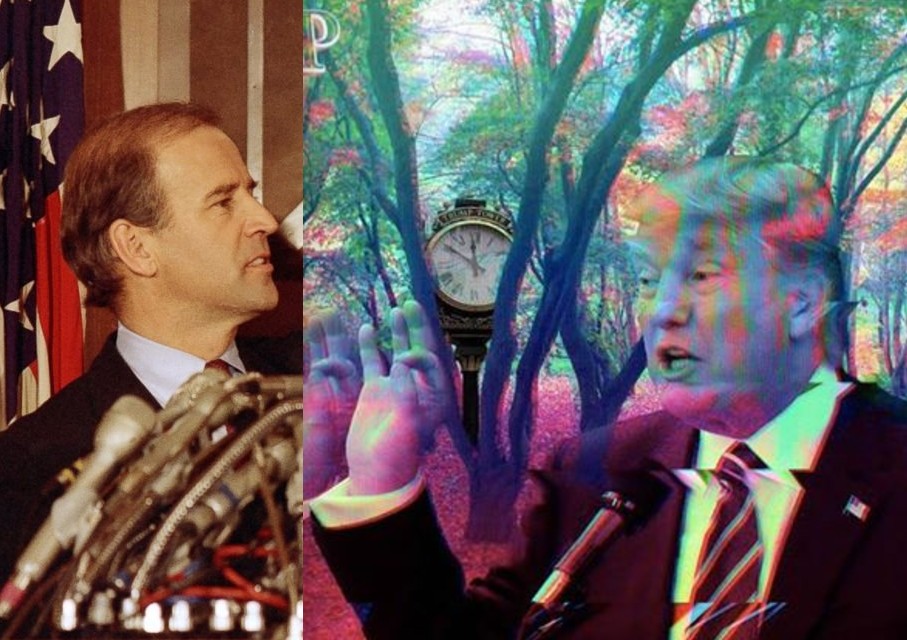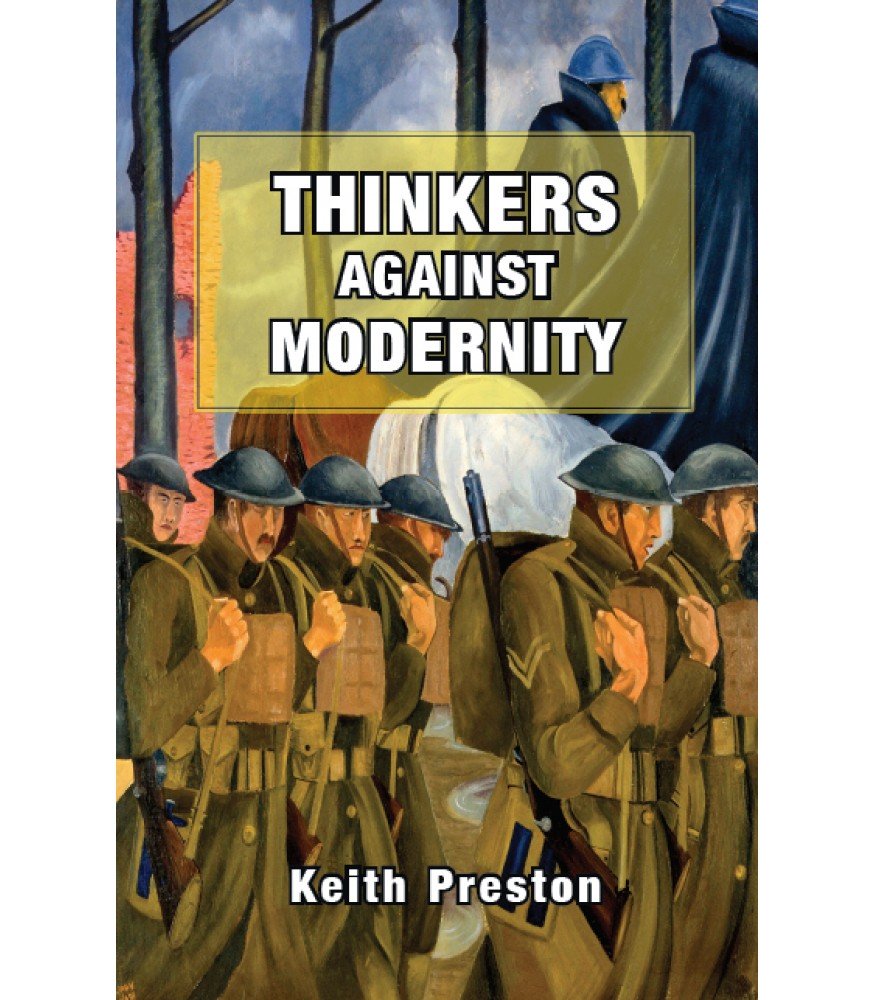Robert Stark talks to Keith Preston about the 2024 election and the politics of America’s power elite. Keith Preston is a historian, social scientist, political analyst, author, lecturer, trends researcher, and the editor of Attack the System. Follow Keith on Twitter.
Topics:
-Factions of America’s ruling class, including the Northeastern establishment, Sunbelt capitalist class, and Wall Street and Silicon Valley new money
-What conspiracy theorists get wrong about the nature of power
-How elites cultivate constituencies
-How the elite’s opposition to Trump is more about decorum and instability than policy
-Keith’s prediction that the elites will negotiate a deal with Trump
-Keith’s prediction that Trump will govern as a normie moderate Republican for his 2nd Term
-The Israel Lobby favoring Trump over Biden
-How the Israel conflict is weakening wokeness and the alliance between progressives and the neoliberal establishment
-Why Biden’s re-election is better from an anti-establishment standpoint
-America’s three political blocks, MAGA Nationalist Populists, Centrist Neoliberals, and the Progressive Left
-How the Nationalist Right will further radicalize with limited growth potential
-Why partisan cycles favor Democrats over the next few decades
-The political realignment over social class
-The hyper-capitalist Sunbelt elite as a barrier to the GOP turning populist on economics
-Why Trumpenomics will likely be inflationary
-The risks of the Ukraine and Israel wars escalating
-The Europhile Northeastern establishment and Europhobic Sunbelt’s divide over Ukraine
-Speculating whether Trump or Biden will win
-RFK’s JR.’s brand of bourgeoise bohemian Centrist Populism
-The hysteria over the election, such as about Project 2025
-Why Democrats are hesitant to replace Joe Biden but plan to replace him with Kamala Harris after the election
-Why Biden is the lesser of evils compared to Hillary Clinton or Kamala Harris
-Why America’s elites’ mercantile nature means that full blown totalitarianism is not likely in America
Click Here to download!
Checkout Robert Stark’s Facebook page, Twitter, Instagram, Stark Truth TV, novel Vaporfornia, and subscribe to his Substack.









